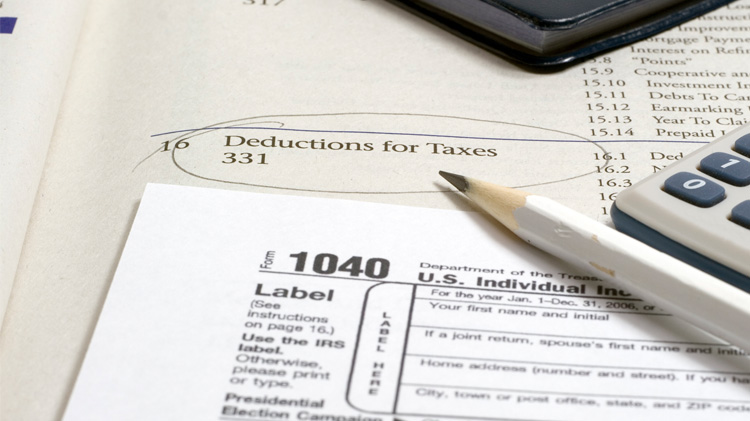Tips on how to prepare for tax season
Reminders and tips when preparing for tax season.
With income tax preparation, a little planning can help you minimize filing stress and streamline the process. Consider these tips and reminders to approach tax filing thoroughly and thoughtfully, this year and beyond.
Put it on the calendar
Taxes are generally due by April 15, unless that date falls on a weekend or holiday. Need more time? You can consider applying for a six-month extension by filing Form 4868. But be sure to read all of the fine print. Even with an extension, you still need to pay any taxes you owe by the April deadline. Estimate the amount you expect to owe, and consider rounding up, as you will generally pay interest and penalties on any payments made after the due date.
Documents needed for tax season
It’s time to organize and gather all your documents. Here are just some you might need.
- Have a copy of the prior year’s taxes on hand.
- Gather up all your W-2s and 1099s to report your income.
- You’ll need documents showing non-earned income such as interest payments, dividends and capital gains. Your bank, brokerage firm and other financial institutions can provide those. Don’t forget to include earnings from gig economy and virtual currency.
- If you claim any deductions — things like charitable contributions or student loan interest — make sure you maintain proper records throughout the year and have them available when completing your taxes.
Know your deductions
Common deductions include mortgage and home loan interest, state and local taxes, and charitable contributions. You can choose to take the standard deduction or itemize your deductions. The standard deduction is a flat amount that depends on your filing status. If your deductions exceed the standard amount, you might fare better by itemizing, which involves listing each qualified deduction.
Plan ahead for next year
Will you receive a sizable refund? Or do you face a big tax bill? Consider changing your withholdings so they better match up with your tax liability (the amount you owe the government).
If you get a refund, it's smart to have a plan in place for what you're going to do with it. According to the IRS, the average refund received in 2022, was $3,253. Consider ways you can put that money toward your goals — whether that involves paying down debt, growing your emergency fund or saving for retirement.
If you have IRAs, consider maxing them out to help with reducing your taxable income.
Additional tax tips to consider when filing your taxes
- You’ll need to decide if you want to do your taxes yourself or hire someone to do them for you.
- If you do hire a professional, do your due diligence and make sure they are a legitimate business. Be on the lookout for telephone scams, phony tax preparers and phishing emails or websites. You don’t want to become a victim of tax fraud or an IRS scam.
- Consider setting up your bank account to automatically receive your tax refund or pay any amounts due to help speed up the process.
- If you moved to a new address since the last time you filed, make sure your personal information is correct on all forms when filing your current taxes.




